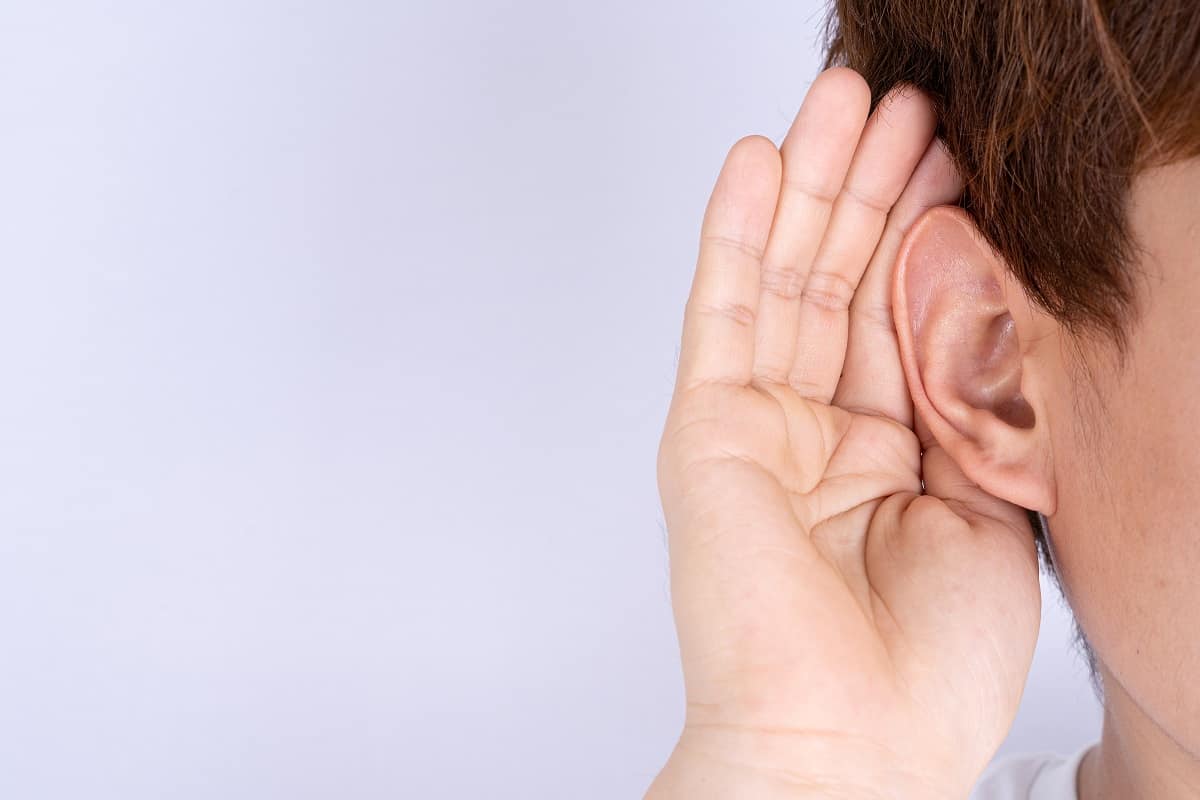March 3rd is World Hearing Day! Organized by the World Health Organization (WHO), this global campaign advocates for hearing health. Hearing loss is one of the most pervasive health issues that people navigate today. But it remains widely undertreated, with only a third of people who could benefit from treatment actually receiving it.
This year’s theme is Ear and Hearing Care for All which highlights the hearing healthcare services, resources, and solutions that are available to transform your hearing health and wellness. A great way to celebrate World Hearing Day is by scheduling an appointment for a hearing test!
Hearing Loss Facts
Hearing loss is a major health issue around the world. In the United States alone:
- About 48 million (or 14%) of Americans report some degree of hearing loss.
- The prevalence of hearing loss is twice as common as diabetes or cancer.
- 26 million people, ages 20-69, have hearing loss.
- 1 in every 3 adults who are between the ages of 65 – 74 also have hearing loss
- Half of all adults, ages 75 and older have disabling hearing loss.
- About 40 million adults, ages 20-69, have noise-induced hearing loss.
- Over 50 million people are exposed to hazardous noise levels regularly.
- 22% of people experience loud noise in the workplace.
- Over 1 billion people globally, ages 12-35, are at high risk of developing noise induced hearing loss.
These statistics highlight how common hearing loss and the increased risk people face. Though hearing loss is common, it remains widely underrated. Being able to recognize symptoms and intervene early can profoundly support your hearing health.
What are early signs of hearing loss?
Hearing loss typically occurs gradually so people may not immediately notice symptoms. Because symptoms can remain unnoticed for quite some time, this often contributes to a delay in treatment. Recognizing symptoms can help you intervene early and early intervention can better support your transition into better hearing health. Common symptoms include:
- Tinnitus which is a ringing or buzzing like sound that only you hear (in one or both ears).
- Sounds are muffled or distorted.
- Struggling to hear in places with background noise (restaurants, parties).
- Lip reading to identify individual words.
- Asking others to repeat what they said, speak louder, and/or slower.
- Turning up the volume on the TV, phone, or other electronic devices.
- Being able to hear more clearly out of one ear compared to the other.
- Pretending to hear to get through a conversation.
- Needing to move to a quieter space to be able to hear more clearly.
- Keeping conversations as short as possible.
- Feeling tired or drained after conversations or social interactions.
These symposiums can be mild to more severe, really taking a toll on communication. To cope with these symptoms, people tend to avoid conversations. This often includes skipping out on social activities and gatherings as well as spending less time with loved ones. This can strain relationships, deteriorate socal life, and impact mental health by contributing to the development of depressive symptoms. If you recognize any of these symptoms, it is important to have your hearing health assessed.
How is hearing loss treated?
The most common treatment for hearing loss is hearing aids. These are electronic devices that are designed to absorb, amplogy, and process speech as well as sound. This provides the ears and brain with ample support that alleviates symptoms and maximizes hearing capacity. Today’s hearing aids have benefited from significant innovations. There is a wide range of options, features, styles, and technologies that seamlessly integrate the device into everyday life. Hearing aids not only strengthen hearing health but also communication. People are better able to engage in conversations, navigate social settings, and spend quality time with others. This improves relationships and enriches social life. Treatment also enhances overall health by supporting cognitive functions and decreasing a number of health risks (falls, accidental injuries, depressive symptoms).
Celebrate World Hearing Day by Scheduling Hearing Test
This March is a great time to commit to your hearing health and wellness. The first step you can take is scheduling an appointment for a hearing test. Hearing tests are painless and noninvasive, involving a process that identifies your hearing needs. Treating hearing loss allows people to live their best, full lives. Contact us today to schedule an appointment for a hearing consultation!

